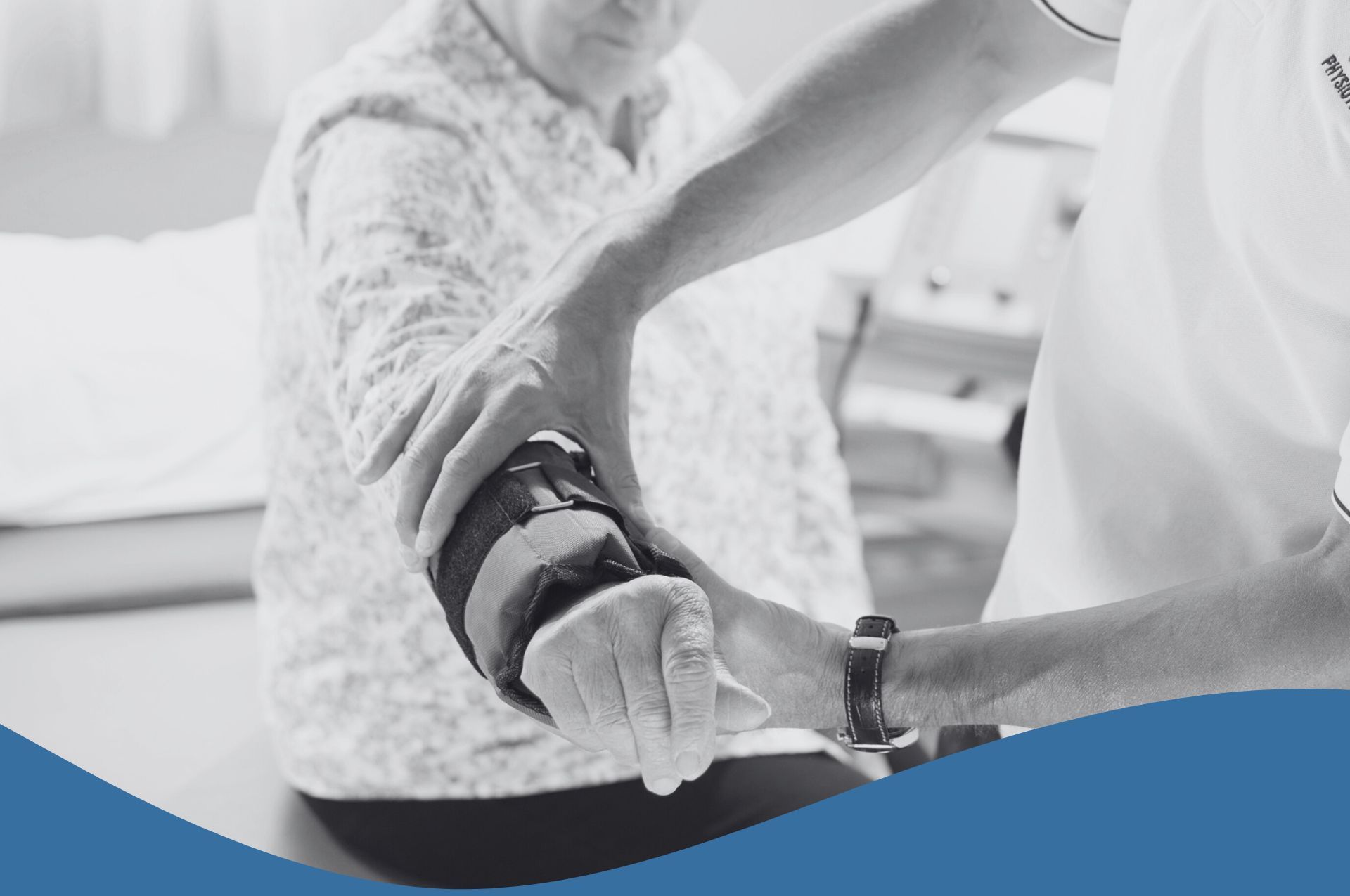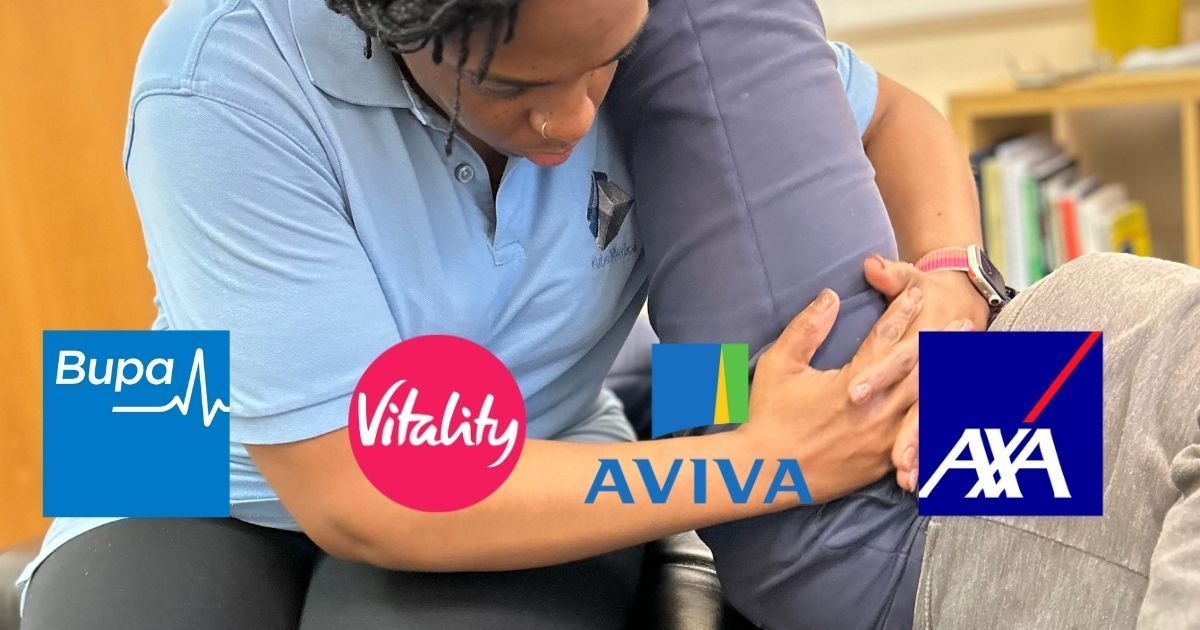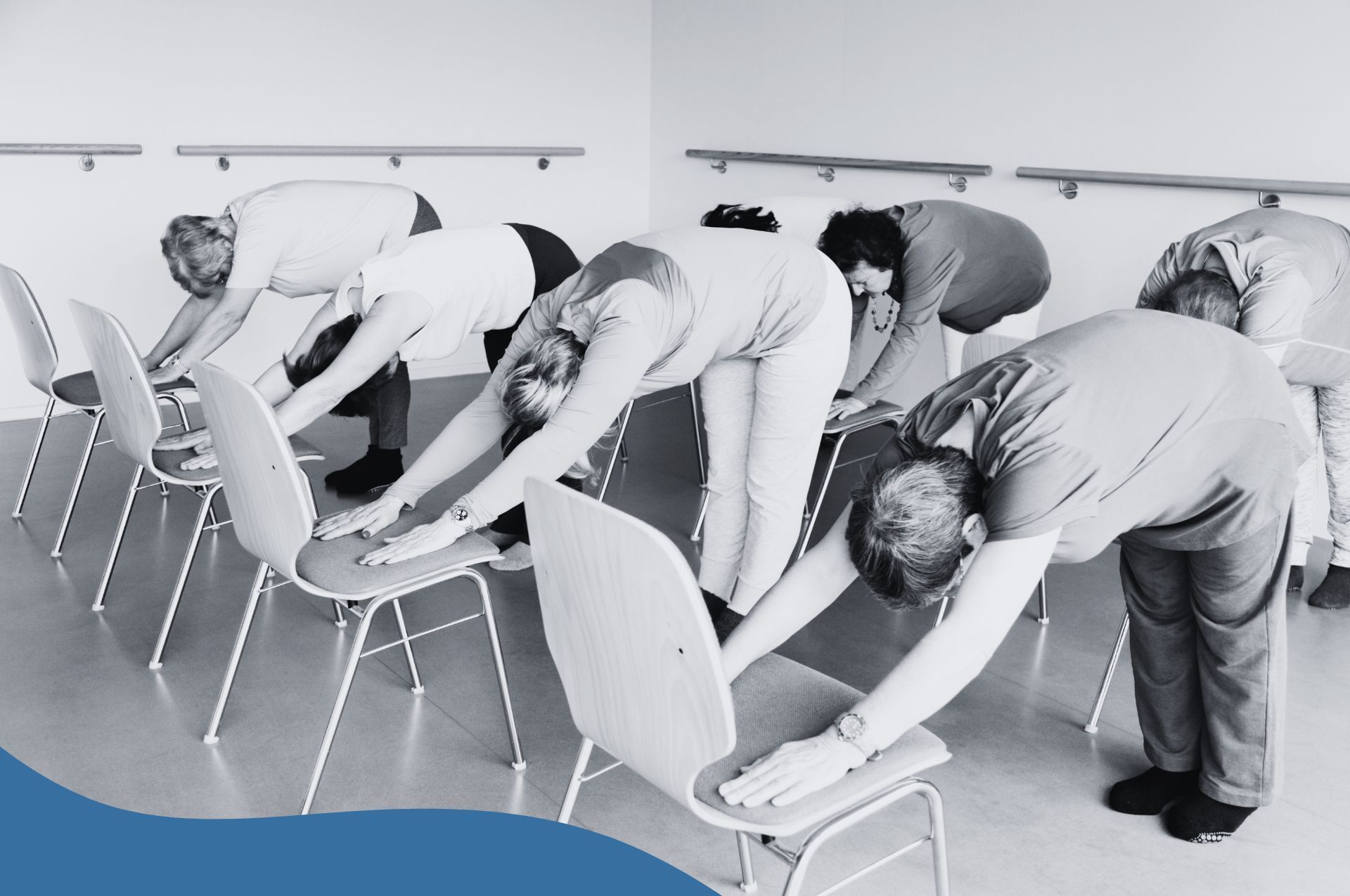Top Tips For Leading A Healthy, Active Lifestyle
Patrick Campbell • 15 July 2021
The habits we adopt have a strong influence on our state of physical and mental wellbeing. These activities must be of a healthy and active nature to ensure lowered health risks and improved cognitive function.
There are many benefits associated with having a healthy active lifestyle. These include:
- Lowered risk for heart disease and cancers
- Healthier body weight and improved balance
- Better sleep
- Improved strength and energy
- Quicker recuperation from illnesses
When you eat well and get plenty of exercise, it makes it easier to enjoy a healthy sleep, makes one feel more confident and comfortable, and promotes a positive mindset. All these benefits can be achieved through commitment and consideration.
Improving your lifestyle requires that you consider this a permanent change. And do not be discouraged if you make mistake. Get up the next day and commit again to adopting healthy habits. With time these habits will become a matter of routine and make for a happier healthier you. Here are some top tips to get you started.
Take It Slow and Steady
As said, lifestyle changes are meant to be permanent. Eating healthy should not be a short-lived diet plan, but rather making healthy and informed food choices for the rest of your life. It can however be difficult to make changes swiftly, especially if drastically different from what you are accustomed to.
Take it slow when making changes. Do some research and consult your doctor before making any serious dietary changes and adopting an exercise regimen. You can start by switching to healthier food choices and gradually reduce portion sizes to a reasonable amount. If you have been sedentary, start with short, low impact exercises and gradually increase the intensity and length of your workouts.
Eat Mindfully
Focus on nutritious meals that are best for your body. Cut down on sugars, salt, and fats. Try to consume leaner meats, high fibre foods, and more fruits and vegetables. Do however limit your fruit intake as many options do have a lot of sugar content. Pay attention to food labels to ensure you know what you are ingesting, but make an effort to partake more of fresh and seasonal foods rather than canned goods. Limit your calorie intakes as eating more than your body burns encourages weight gain.
Aim for 30 A Day
It is advisable to aim for at least 30 minutes of moderate physical activity a day. Depending on your condition, it should be an activity that elevates your heart rate and leaves you slightly out of breath. This will help strengthen your body.
You do not need to do this all at once. You can break this down into 10-minute sessions spread across the day. You can take 10-minute walks in the morning, afternoon, and evening. This is a good way to up your activity if you have been inactive. With time you can increase the intensity and length as your body gets fitter. Even for those stuck indoors, as has been the case for many during the pandemic, at-home workouts can be a good way to improve your physical condition.
Add Variety
Boredom can easily cause people to lose interest in healthy habits. Add some variation to your activity to keep things interesting and challenging. You can alternate walking with at-home workouts or visits to the gym. Partner with a friend or family member to enjoy outdoor activities like biking, running, tennis, or some team sports in the neighbourhood. Having a friend along can help reinforce commitment and derive more enjoyment of your activities.
Track Progress
Many people start on this journey with a destination in mind. They want to achieve some milestone like kilograms lost or being able to run in a marathon. Tracking your progress is a good way to ensure that the changes you are making are yielding results and be encouraged to keep at it. There are many apps you can use for this or simply make notes in a diary.
You can check your weight every one or two weeks to see how much you are losing. If the pace is less than you hoped for, you can consider what other healthy changes you can make to get you to where you want to be. Use a fitness tracker that will record such details as steps taken to encourage you it your fitness goals on a day to day basis. Some can also help you monitor your sleep and heart rate. Remember that once you reach your goal, you may again need to make changes for maintenance of what you have achieved.
Sleep Right
Getting 7-9 hours of sleep is vital to good health. The better rested you are, the more capable you are of coping with stress. If you are stressed you are more likely to trigger 'hunger hormones' that can encourage overeating. This can put you at risk of becoming obese and suffering from heart disease and diabetes. It can also negatively impact sex drive, lower immunity, and leave you irritable and feeling fatigued.
Form the habit of going to sleep and waking up at the same time every day. Limit daytime naps and avoid eating anything too heavy for evening meals. Also, avoid taking caffeine from the afternoon and cut back on alcohol consumption. Put a stop to screen time before bed. Instead, take up a relaxing activity like meditation or reading.
The more active you are, the healthier you become. You reduce the risk of developing health problems, which is the last thing you want as you get older. There are many small changes you can make to introduce more activity into your daily routine. Take a gradual approach and seek medical advice to ensure your plan is suited to your physical condition.

At Kube medical, we believe high-quality physiotherapy should be accessible, comfortable, and convenient. That’s why we provide professional home-visit physiotherapy services, helping you recover in the comfort of your own home and at a time that fits your lifestyle. Whether you're recovering after surgery or trying to fit treatment around a busy schedule, our personalised approach ensures you feel supported, motivated and confident every step of the way.

As the days get shorter and the air turns crisp, many of us start dreaming about fresh powder, mountain air, and that first exhilarating run of the ski season. But before you dust off your boots, it’s worth thinking about one crucial thing: your body’s readiness. Whether you’re a seasoned skier eager to hit the slopes from day one, or an occasional skier looking to make the most of a long-awaited trip, a little “pre-hab” — preparing your body in advance — can make all the difference between an enjoyable week on the mountain and one cut short by fatigue or injury.

There’s no easy way to put it — the sudden closure of Private Midwives has left a real void, both professionally and personally, for many highly experienced tongue tie practitioners. It’s disrupted livelihoods, interrupted the continuity of care for families, and forced many to face a wave of uncertainty.








